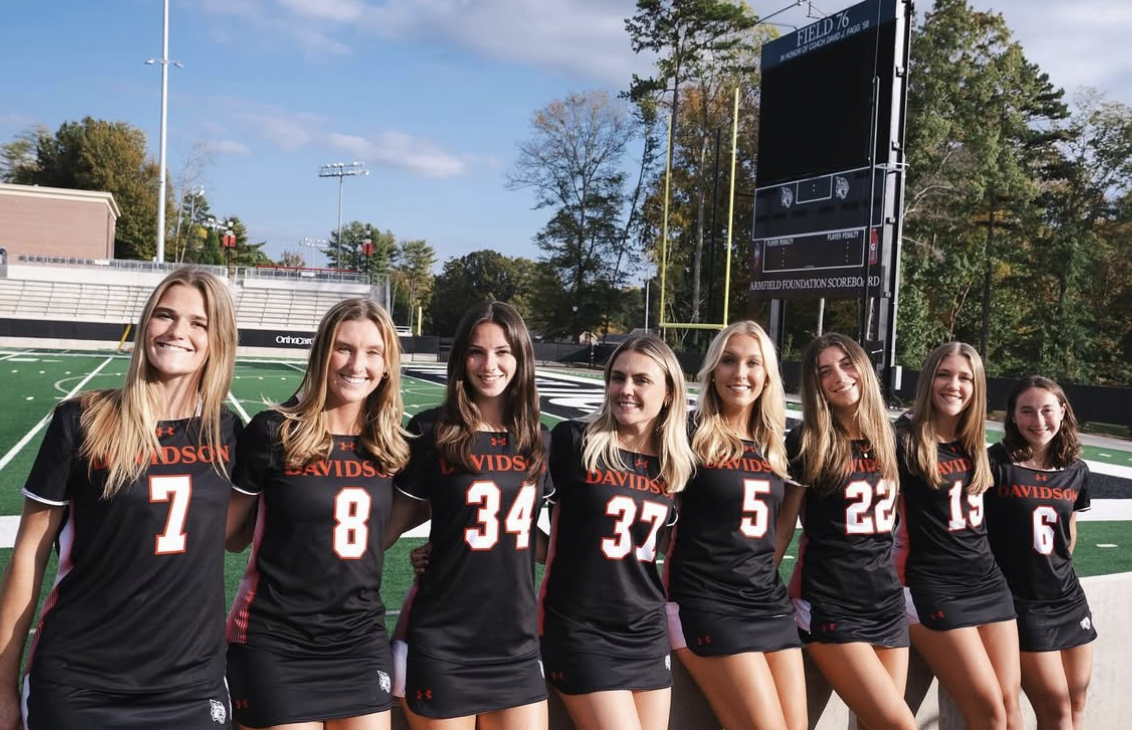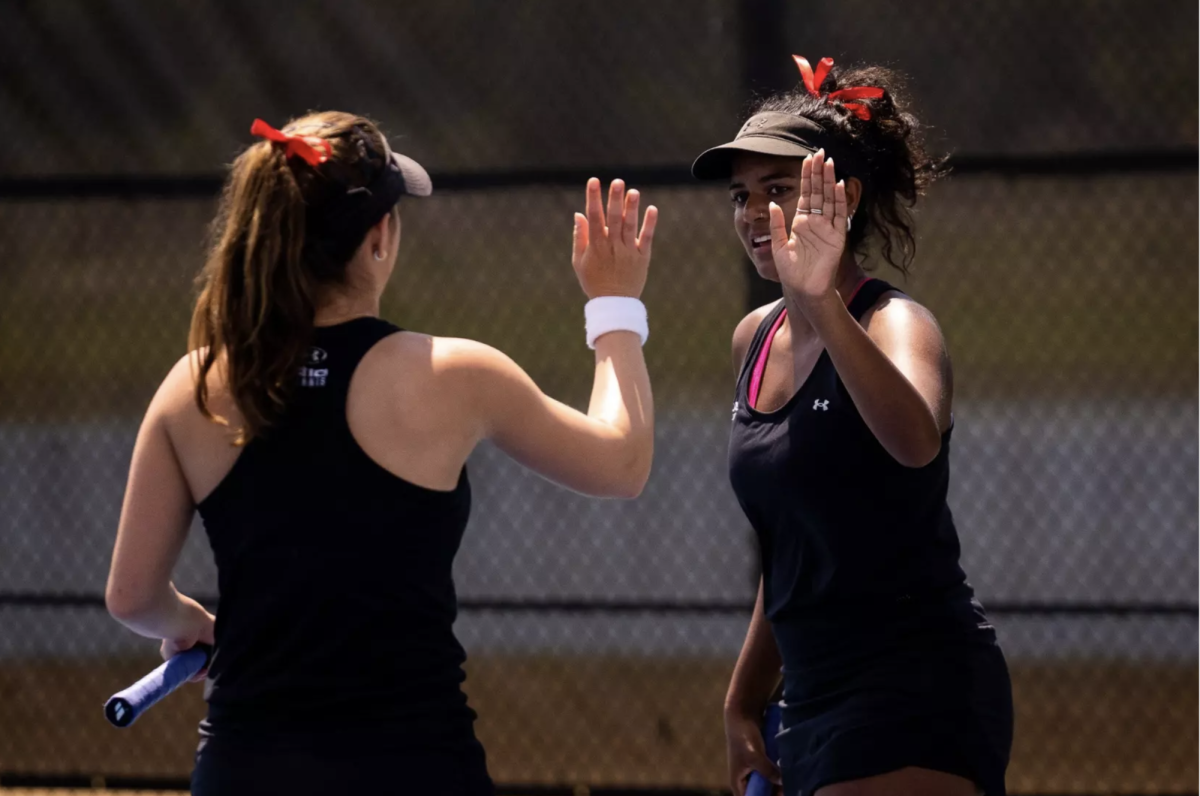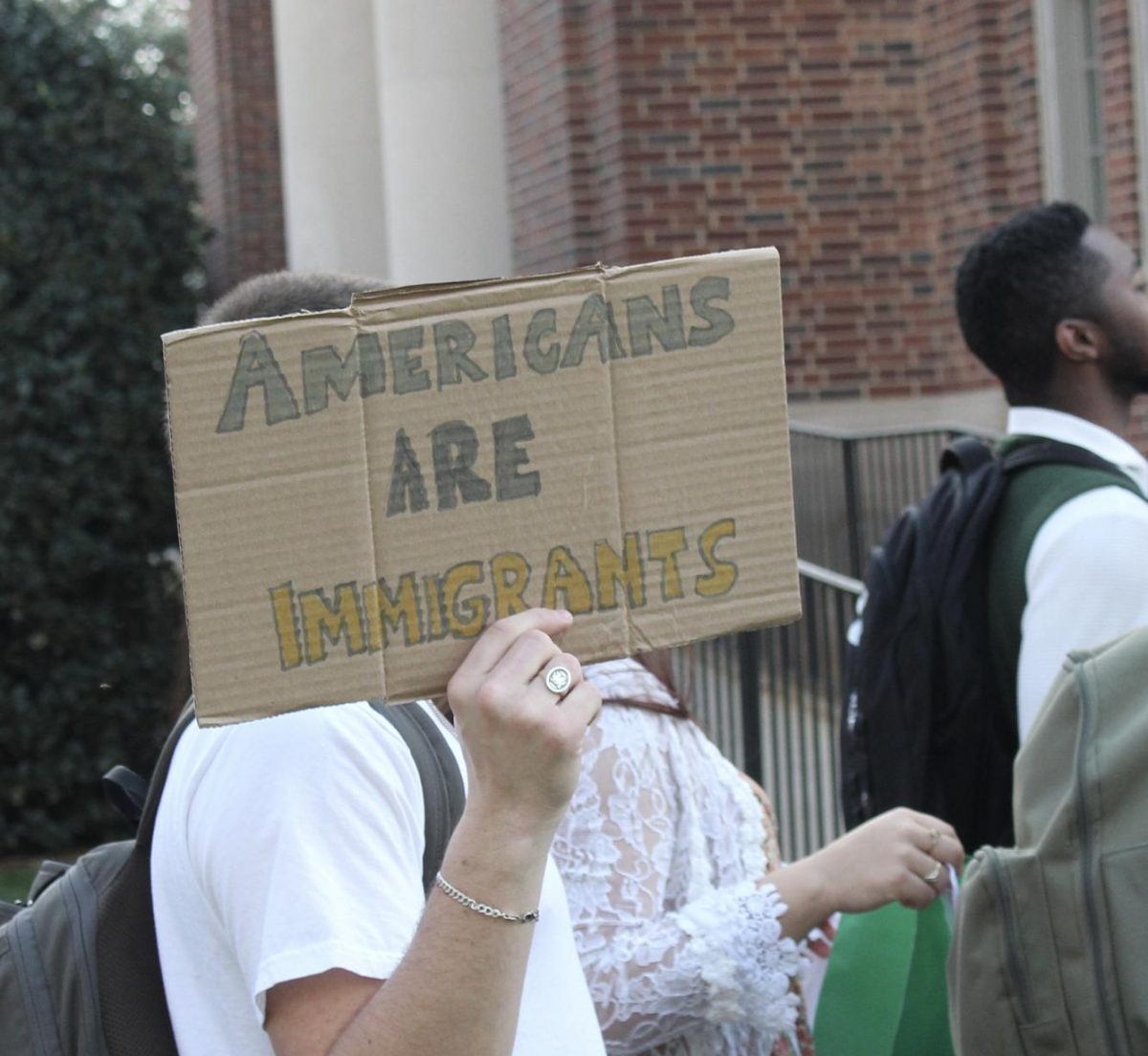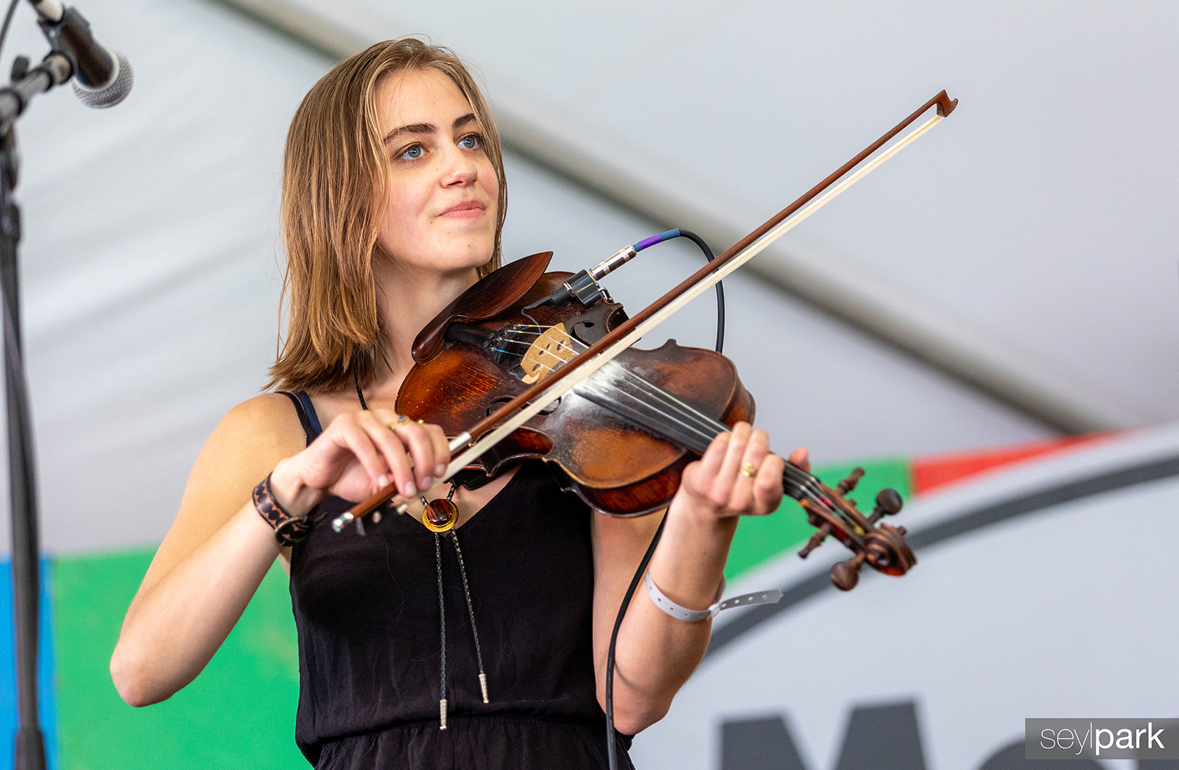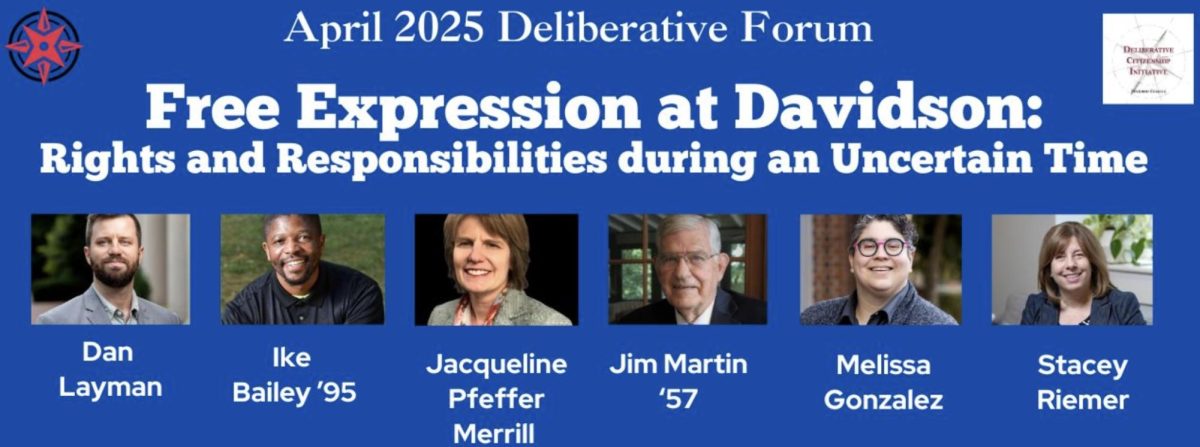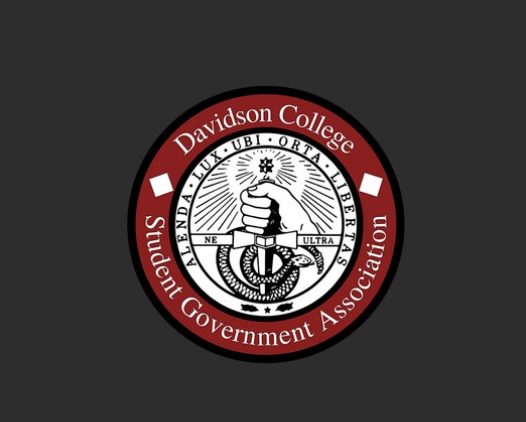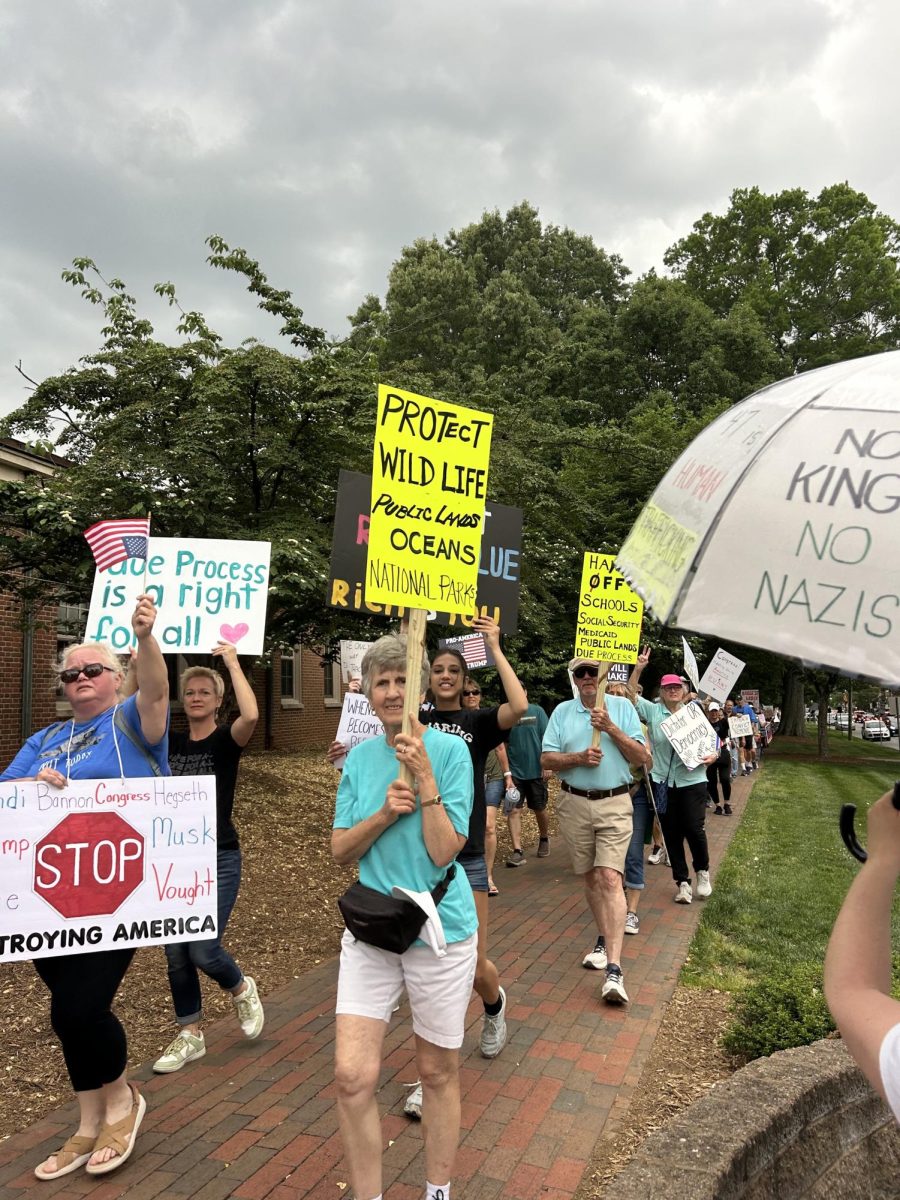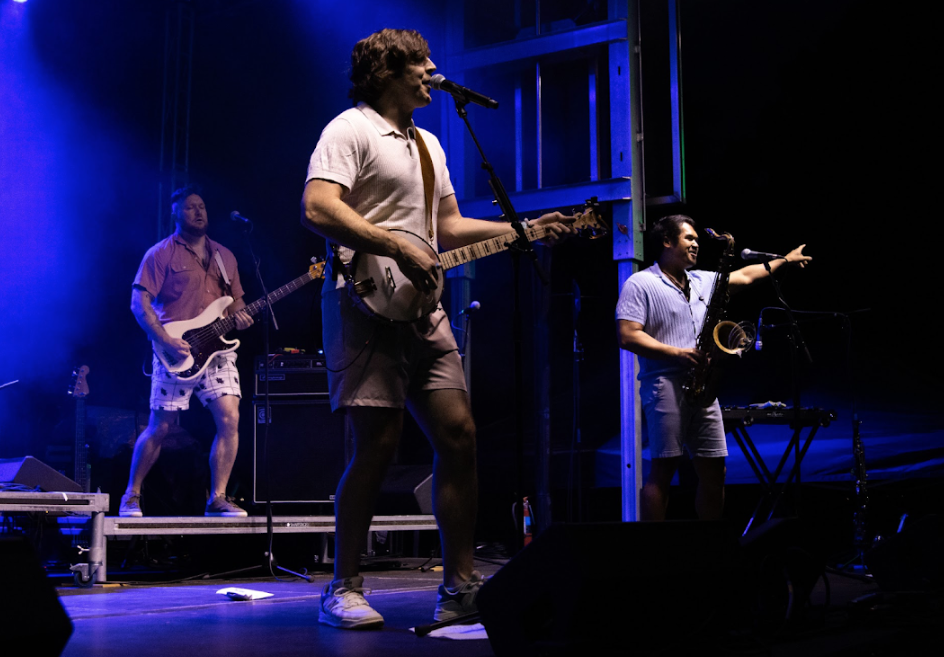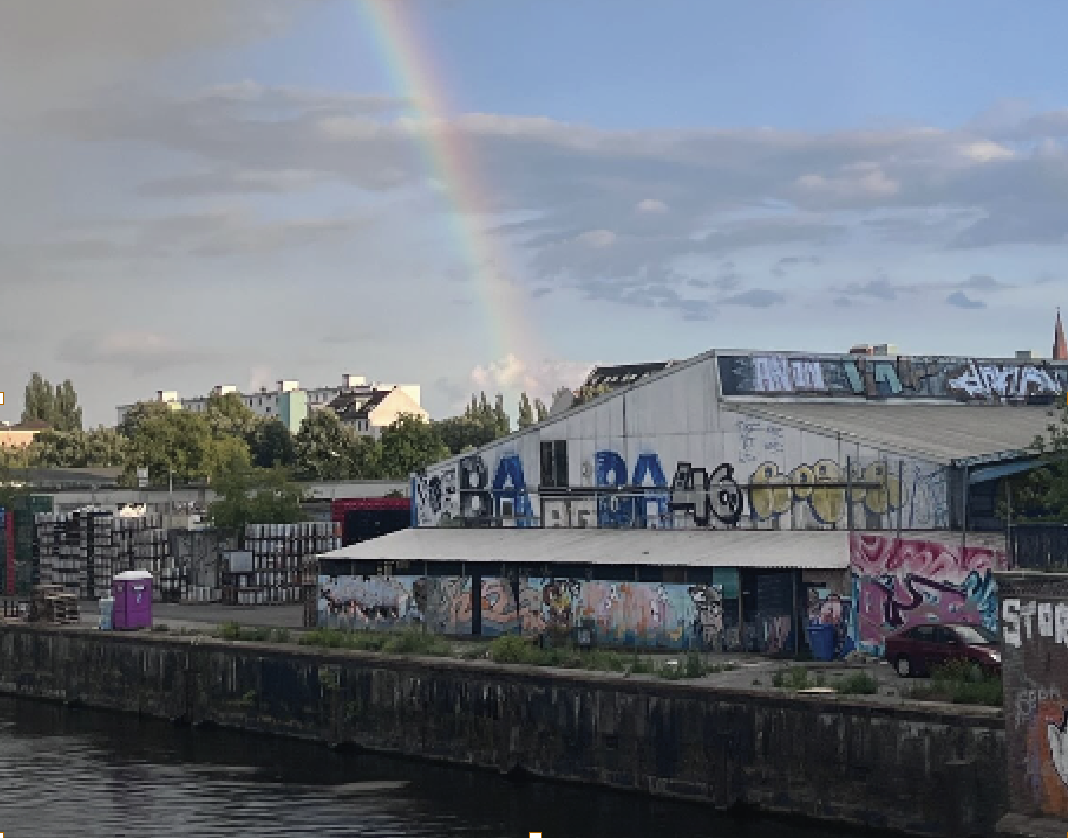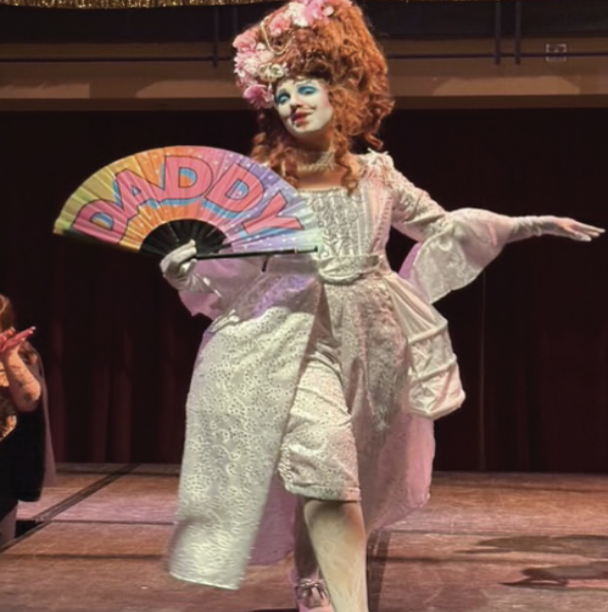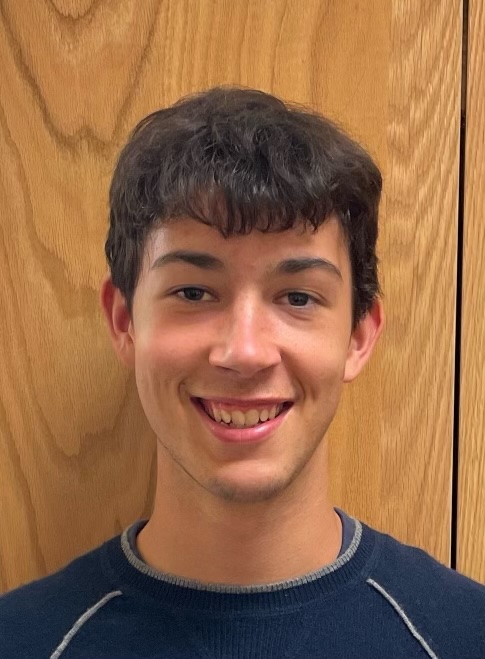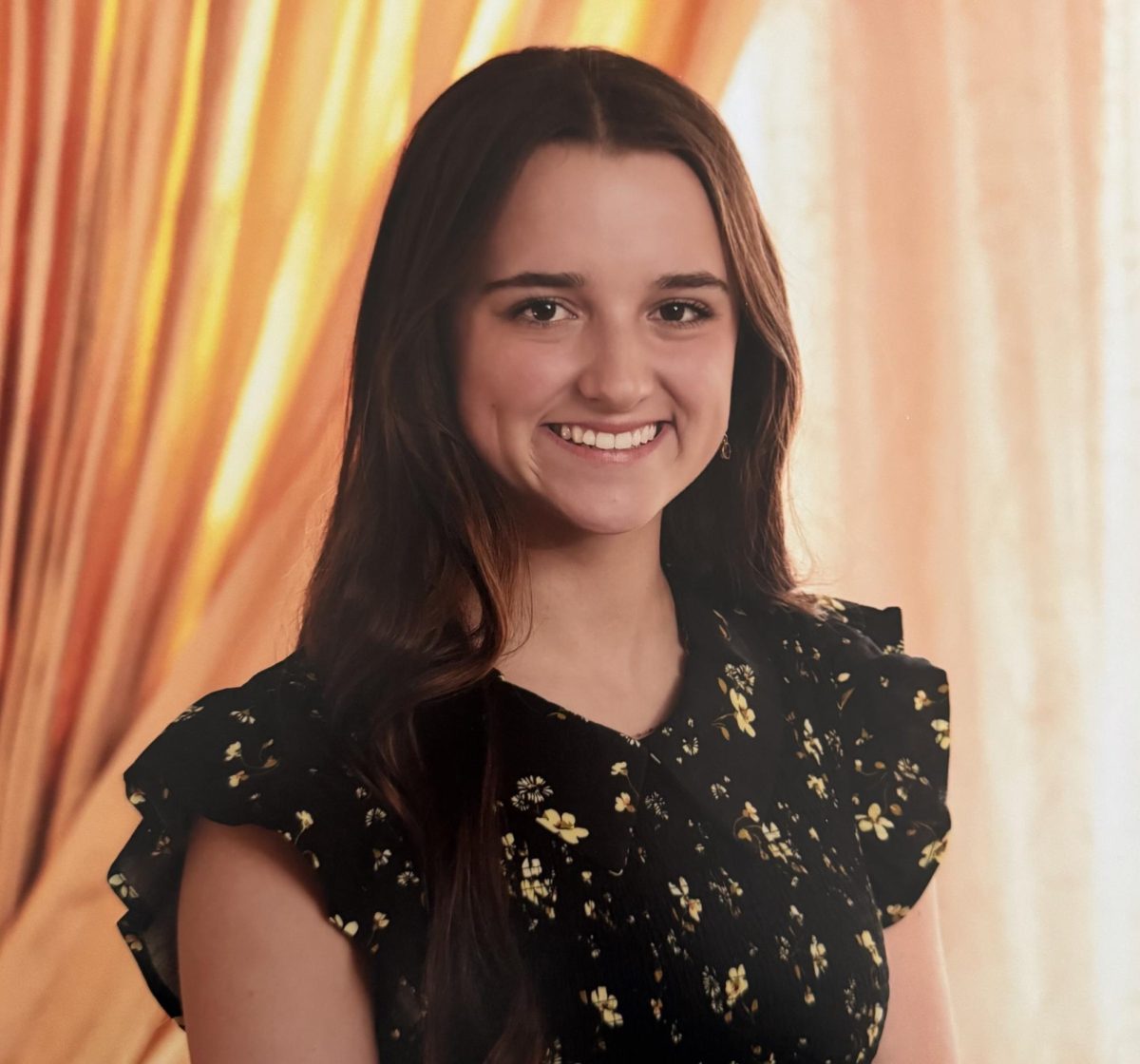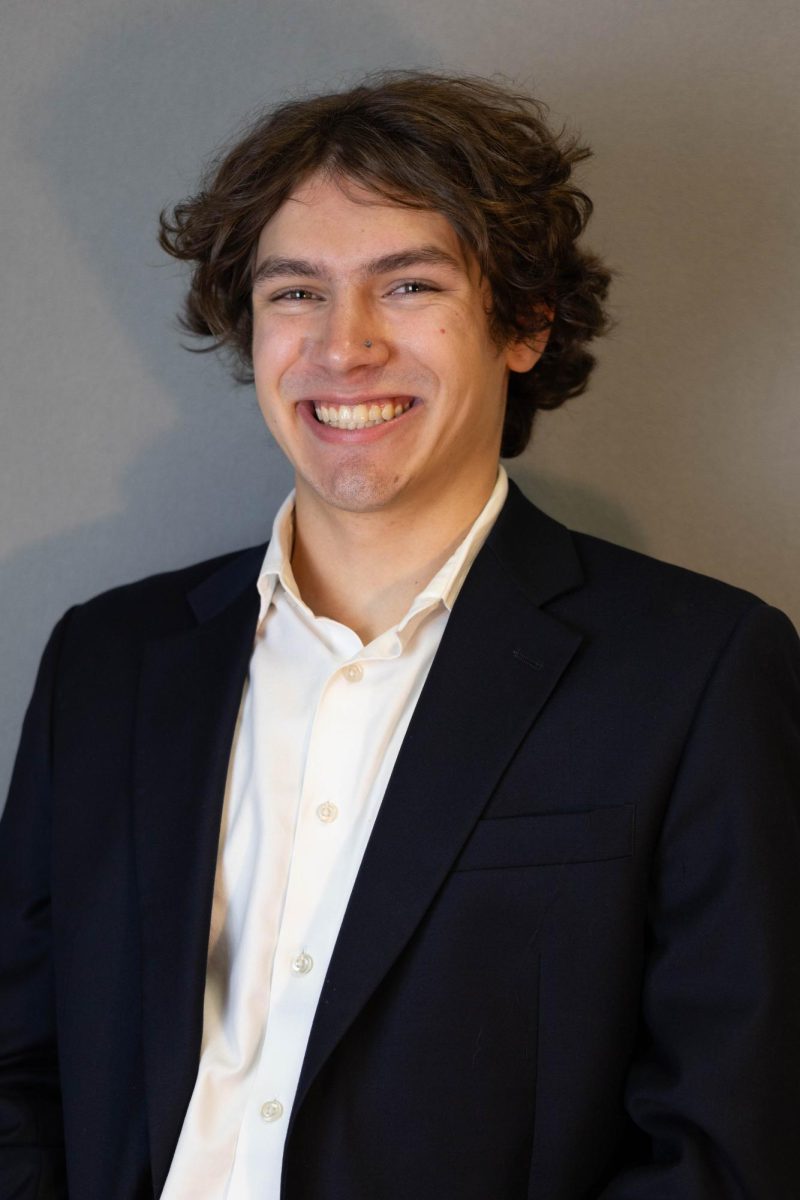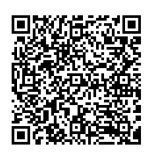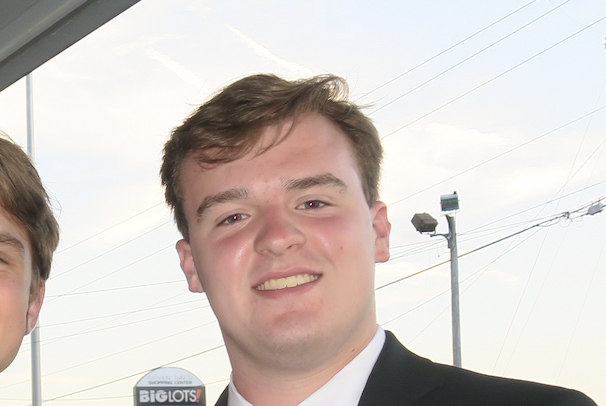Change is inevitable. We get old, graduate, find jobs, meet partners, settle down. Our bones begin to creak and our muscles begin to ache. Life goes on, different than it was.
Nothing remains exactly the same. Buildings disintegrate and need to be repaired and renovated. Technology improves. Our phones grow brains. But these developments don’t float down from the sky. Someone decides. They craft a ten-year plan, map out the destruction and the rebirth. Committees vote, things change.
Davidon’s E.H. Little Library is no different. Soon, after a long and involved construction process, it will be gone, replaced by the George Lawrence Abernethy Library, named after the founder of Davidson’s philosophy department and humanities program. Dr. Abernethy’s work at Davidson, and his family’s commitment to a liberal arts education, reflect an effort to maintain Davidson’s core principles, to resist encroaching anti-intellectualism. I admire this effort. I, too, want our spaces to encourage learning and collaboration. I, too, worry that the tides are turning, and I’m searching desperately for an answer to looming problems, to climate change and students arrested for protesting, to ignorance and apathy in the face of worse nightmares yet to come. But I do not think a rooftop café is going to stop students from doing their homework with ChatGPT.
Emily Patterson ‘26 has worked at the library as a collections assistant since her freshman year. In years past, this work meant reshelving and handling small projects. Now, it means she spends most of her workday checking the books on the second floor for ISBNs (without an ISBN, a book cannot be donated and must be thrown away). “The general [vibe] when I move upstairs during my shift to start the project is that no one wants to be there,” Patterson said.
“I’m thinking about the redesign,” she explained. “How it’s going to look, what it’s going to carry and what students will be able to do inside of it, and it’s more of what we already do in the library, which is work, collaborate and sit around. In the end, the books aren’t a big part of the remodel.” What is a library if not a home for books?
“It’s sad,” Patterson said. “The fact that the people who love and care for the books are the ones tasked with throwing them out. I prefer that it’s people who love books, who have degrees in library sciences, [who] are pawing through these with a fine-tooth comb.”
Still, Patterson emphasized that change is crucial to the process.“This is supposed to happen,” she continued. “You’re supposed to be able to go through the books and take out ones that students aren’t using. It’s a circulating library.” But years without administrative prioritization of this practice has left library staff with an enormous, sudden burden thanks to impeding construction.
I am not anti-adaptation. We need to cull unread books. We need to ensure that the collection is useful and thoughtful, and we need to force students to pay attention to it. I think it would be lovely to have more outdoor spaces and for the shelves to give the Davidson community more opportunities to learn. I do not get the sense that these sentiments are the goal of the renovations and, regardless, I do not think it is worth two years of life without a library for current students.
I made friends in the library freshman year. What will new students do, now, when Union and Wall are uninhabitable, overflowing with unfamiliar faces? I foresee years of more students studying alone in their dorms, all in service of an imaginary future. I know this is how it works. We live under capitalism. Businesses need to incentivize future customers. But some days, laying under a perfect North Carolina sky, it can be easy to forget that Davidson is motivated by such things.
The myth of progress dominates our current world. Our lives become smooth-running, frictionless experiences as our phones solve our problems, give us access to anything we could want, whenever we want it. But this ease does not erase the pain or remove the obstacles. It merely renders us weak in the face of challenges. Why not have a library with weird bathrooms and creepy elevators? Why not make students dig for information? Does your new iPhone make you happy? Your car with a built-in tablet?
I have this recurring vision of the library in a few years. In this version, all the books are gone, replaced with holographic projections of shelves. These projected images rotate like your Tik Tok feed. You swipe to navigate to
the next “shelf,” you tap to read other people’s opinions on whichever text you seek. I know this is not in our future. There will be books and desks, and it will still be called a library. But I fear that Davidson will continue to confuse prettier and shinier with better. I fear that they will knock down every building on our campus until it looks like Duke—aping the Ivies. But I came to Davidson because it is not Duke. I’m not sure future students will be able to say the same.
Abby True is an American studies and French double major from Camp Hill, PA and can be reached for comment at [email protected].

